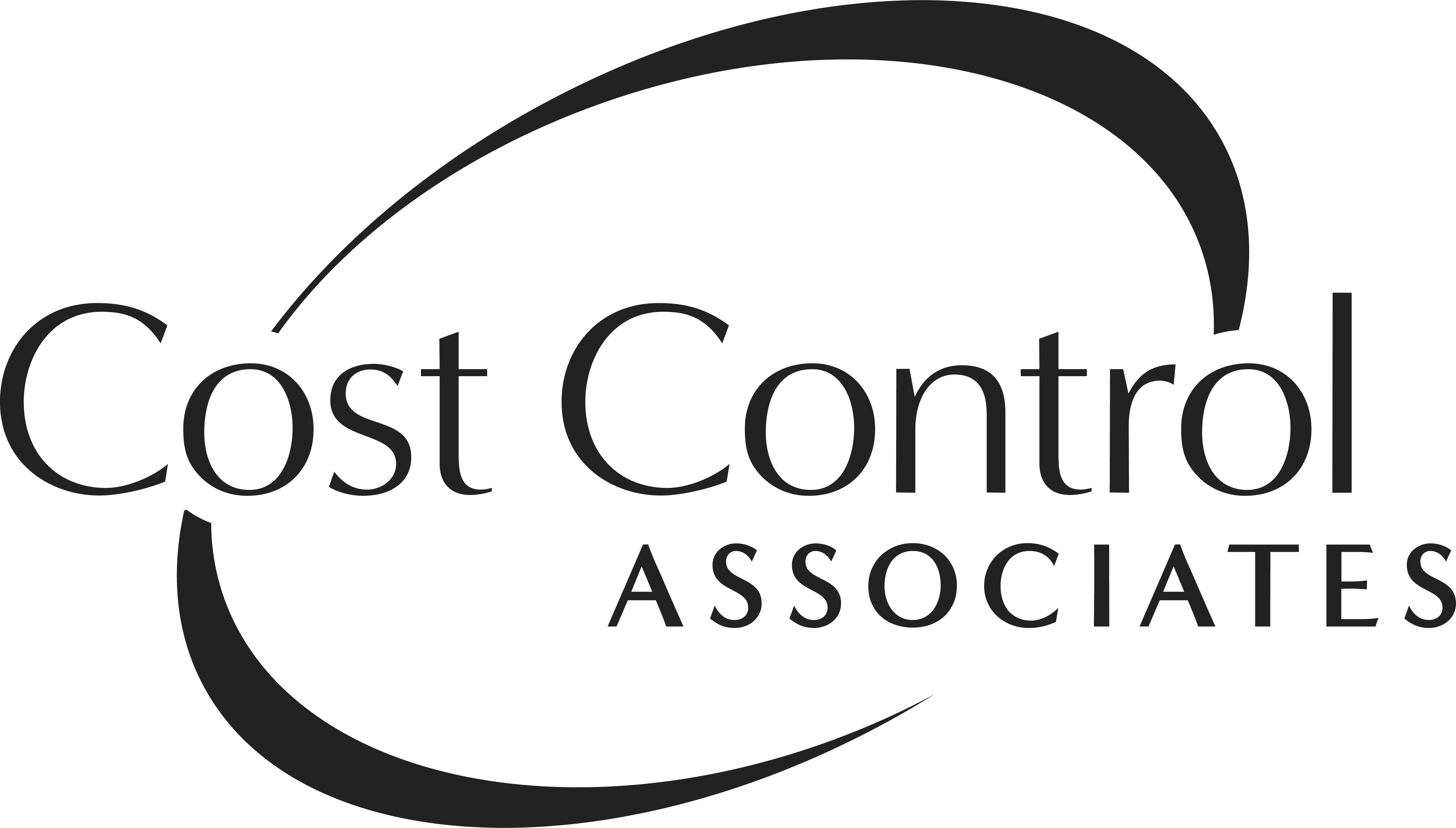Spoiler Alert: You don’t need to be a public company headquartered in the Golden State for the new regulations to apply to you.
It’s not surprising that California is the first state to pass climate reporting legislation that will require companies to publicly disclose their greenhouse gas (GHG) emissions. After all, the Golden State has a history of being environmentally proactive and serving as a trailblazer for initiatives that combat the effects of climate change.
What is surprising is just how many organizations California State Bill 253 impacts—about 5,600 organizations are expected to be affected, and not just public companies that call California home.
Unlike the highly publicized forthcoming climate disclosure rule from the U.S. Securities and Exchange Commission that applies only to publicly traded organizations, California’s Climate Corporate Data Accountability Act affects companies of all ownership types that “do business in California,” a designation that includes more than just CA-headquartered organizations. Here’s what every company most needs to know about the new law:
- Applicability is based on prior year revenue of $1 billion or more and extends to any company of this size “doing business” in California. The California legislative system website is specific about the revenue threshold for reporting. The law states that entities with total annual revenues in excess of $1 billion dollars for the prior fiscal year will need to report. The rest of the language is somewhat more encompassing stating that a reporting entity is a “partnership, corporation, limited liability company, or other business entity formed under the laws of this state, the laws of any other state of the United States or the District of Columbia, or under an act of the Congress of the United States, that does business in California.” Some examples of companies responsible for reporting emissions include:
-
- Any retailer with stores in CA
- Any restaurant chain with locations in CA
- Any healthcare company with clinics in CA
- Companies will need to report scope 1, scope 2, and scope 3 emissions. The law is comprehensive and asks reporting entities to fully consider their direct and indirect impact on the environment. Scope 1 emissions stem from sources that the reporting entity owns or directly controls while scope 2 emissions refer to “indirect greenhouse gas emissions from consumed electricity, steam, heating, or cooling purchased or acquired by a reporting entity.”
Scope 3 emissions includes other indirect emissions from upstream and downstream activities. Purchased goods and services, business travel, employee commutes, and processing and use of sold products are a few examples of what falls under the umbrella of scope 3 emissions. These GHG emissions are obviously somewhat more challenging for companies to identify and calculate.
- Compliance deadlines are coming up fast. The first reports will not need to be filed until 2026, but those reports will be based on 2025 scope 1 and scope 2 emissions data. That means 2024 is the year for putting processes and controls in place for collecting that data.
Companies will have a little longer to prepare for Scope 3 emissions reporting with the first scope 3 reports due in 2027 using data from 2026. Once scope 3 emissions reporting begins, reporting entities will need to be sure to report within 180 days of reporting their scope 1 and scope 2 emissions.
- Companies will be responsible for delivering auditable, financial-grade reporting. This requirement makes it particularly important for companies to pay careful attention to establishing their data collection protocol and processes in 2024. Reporting entities must be able to validate the accuracy of the data while ensuring processes adhere to recognized standards. Specifically, companies need to measure and report GHG emissions “in conformance with the Greenhouse Gas Protocol standards and guidance, including the Greenhouse Gas Protocol Corporate Accounting and Reporting Standard and the Greenhouse Gas Protocol Corporate Value Chain (Scope 3) Accounting and Reporting Standard developed by the World Resources Institute and the World Business Council for Sustainable Development.”
Following such standards will help companies achieve assurance, which with they will need to obtain from an independent third-party assurance provider. Assurance attests that a company’s public disclosures are accurate and there are different levels of assurance often based on the degree of risk of a misstatement. Per SB253, reporting entities will need limited assurance on Scope 1 and 2 emissions starting in the first year of reporting (2026) and a higher level of reasonable assurance by 2030. Assurance requirements for scope 3 emissions are yet to be determined but may be set by the state legislature in the future.
- Reporting entities must always keep their stakeholders’ needs in mind. In addition to being accurate, public disclosures must be accessible to consumers, investors, and other stakeholders and made in a manner that is easy to understand, as specifically stated by SB253. Reporting entities will clearly need to put some thought into how and where they are communicating their data including the format and descriptions provided. The ultimate goal is to ensure stakeholders have easy access to meaningful information that can be used to inform better decision making.
Get ready for SB253, and other climate disclosure rules soon to follow.
California SB253 represent the first emissions reporting disclosure requirement many organizations will have to meet. But it won’t be the last. As other regulators including the SEC look to finalize emissions disclosures rules, more and more companies will need to step up their emissions reporting(link to emissions blog) game and do a better job of collecting, measuring, and controlling GHG emissions throughout their operations and supply chains. It’s reasonable to expect that the rules will only become more stringent moving forward.
Companies of all types and sizes need to get serious about putting their emissions reporting plans in place, regardless of where they operate. And SIB can help. From identifying data sources, to collecting and cleaning the data, to implementing the right emissions reporting platform, reach out to SIB for support in meeting all the current and future GHG emissions reporting requirements that apply to your organization.

